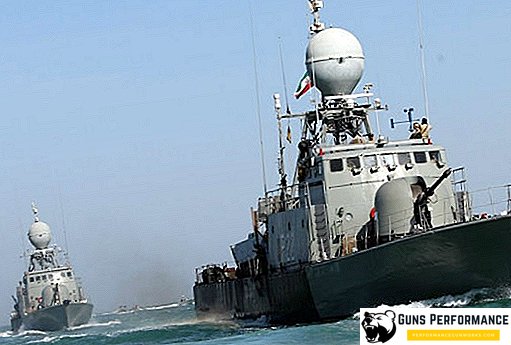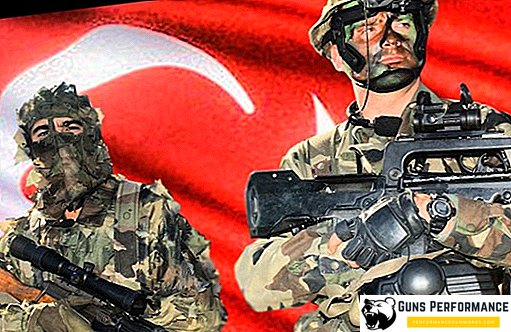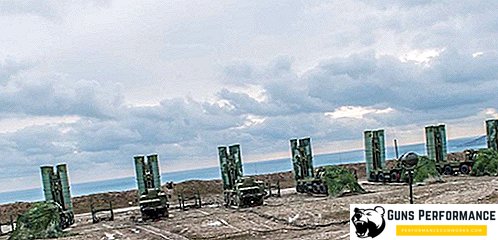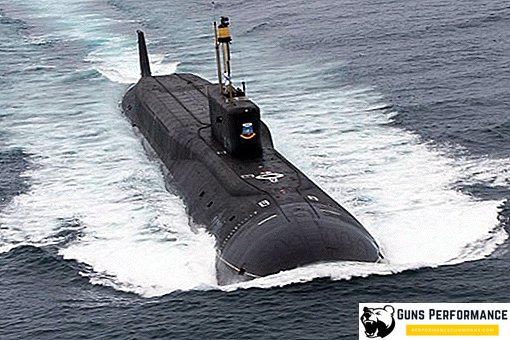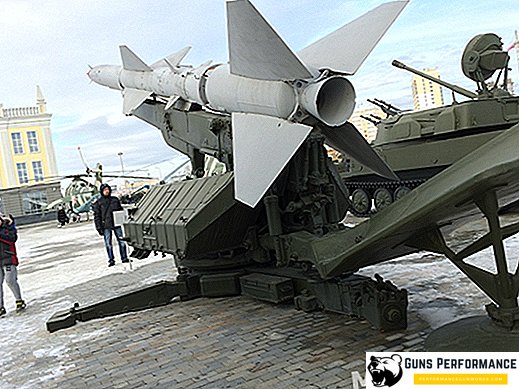
The Soviet C-75 Dvina mobile anti-aircraft missile system of the 1957 type became an important element of the Soviet air defense system in the 1960s. The development of the new complex was launched in 1953 at NPO Almaz. The task of the designers was to create a mobile air defense missile system, armed with a powerful and long-range missile, capable of closing the airspace from unauthorized overflights.
The main focus of the work was on the newest SA-75 anti-aircraft missile, developed by the design team of the Fakel design bureau under the direction of P.D. Grushin
Years of release and design features
The new SA-75 anti-aircraft missile system included the CA-75 anti-aircraft missile and the PU-SM-62 mobile launcher. The weapon was adopted by the Soviet air defense units in 1957.
The combat anti-aircraft missile of the complex was capable of hitting all air targets known at that time in a wide range at altitudes up to 22 km and at a range of up to 35 km. The complex was manufactured at a number of domestic enterprises, forming the basis of the rocket fleet of Soviet air defense units in the 1960s.

The weapons were delivered to the countries of the socialist camp, to Cuba and to Vietnam. After the end of mass production in the USSR, the majority of similar systems were produced under license in Chinese enterprises.
Tactical and technical characteristics of the SA-75
- Calculation - 4 people.
- Rocket type: two-stage controlled, ground-to-air.
- The length of the rocket - 10.7 m.
- The starting mass is 2300 kg, the weight of the high-explosive fragmentation warhead is 200 kg.
- The affected area: in height - 3-27 km, in range - 7-29 km.
- The number of fire targets - 1.
- The maximum target speed is 1100 km / h.
- Deployment time: 4-5 min.
A total of 2,400 anti-aircraft missiles of the CA-75 Dvina complex and its subsequent modifications were produced during Soviet production at Soviet enterprises. The weapon was successfully used in the course of various armed conflicts of the second half of the 20th century.
A photo




